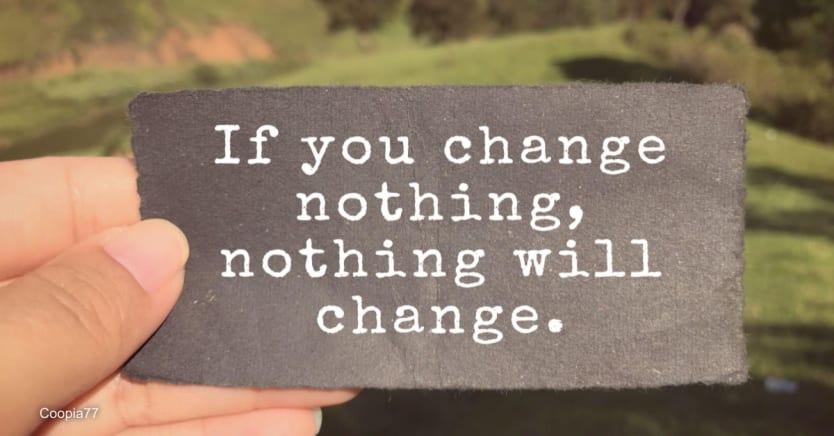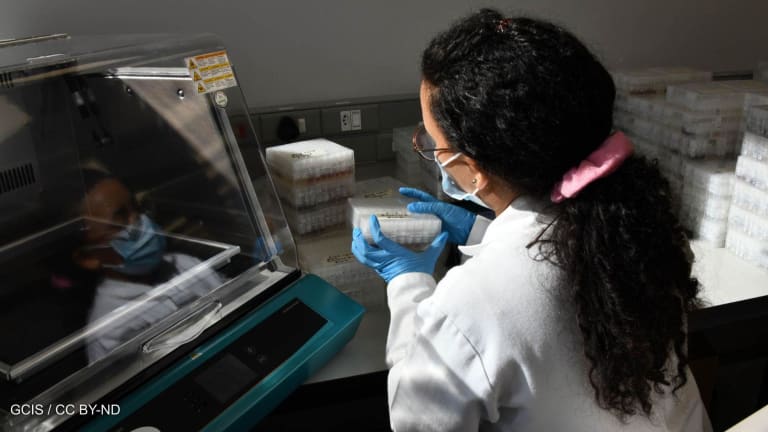
The COVID-19 pandemic disrupted the way the global development sector had worked for decades. While the end of travel as we knew it was an immediate challenge to the sector, the pandemic’s disruption also provided a unique and longer-term opportunity to talk, explore, and listen to and with our colleagues, peers, and stakeholders. And new voices were amplified, thanks to the remote convening platforms that did away with the need for travel budgets and visas and lowered the cost of participation.
Humentum, the organization that I lead, has held more than 300 consultations over the past 18 months. We have been facilitating discussions that ranged from the new world of work to the growing acceptance that we must shift power toward an equity-centered model of development to ensure fair, meaningful, and lasting change.
Equity must be explicitly built into the operating model of any organization committed to shifting power toward locally-led development.
—We heard from funders, international NGOs, and local practitioners alike that they are all struggling to translate intentions and aspirations into practical action, or in other words, to “operationalize equity” in their organizations. People spoke of their desire to see an authentic shift toward locally-led development but identified the many frustrating internal, external and systemic barriers that they regularly encounter when trying to work differently within a system of policies, rules, and regulations established for an outdated paradigm.
The need for an equity response
Humentum’s own recent research with more than 80 national NGOs clearly demonstrated the negative effect of these misaligned policies. For example, we found that 63% of funding agreements failed to adequately cover the cost of doing business (“administrative costs”), with impacts ranging from local staff being asked to “work on trust” or periodically forgo salary payments. This is not equity.
We drew four major conclusions from this consultative process:
Equitable development will only happen when organizations are able to exercise autonomy over their operating models.
Equity must be explicitly built into the operating model of any organization committed to shifting power toward locally-led development, alongside the well-established concepts of resilience and accountability.
There is strategic value and potential in operations; not as “back-office functions” but as the levers of change, and CEOs need to take the lead in unlocking this value.
A new model and approach must be adopted by funders, INGOs, and local practitioners alike, given their inter- and co-dependent relationships, and the complexity of the global development ecosystem.
Equitable, resilient, and accountable operating models
At Humentum we are promoting equitable, resilient, and accountable, or ERA, operating models to move organizations from talk to action. To achieve equitable development, we believe that an ERA lens must be applied to four key operating model components:
Institutional architecture — the system or structure within which we work, including governance, business model, and leadership.
Funding and financial systems — how the work is funded, including administrative cost coverage, fundraising, and unrestricted reserves.
People and culture — who does the work and how we work together, including compensation and benefits, recruitment and retention, and professional development.
Risk and compliance — accountability for the work being done, including risk tolerance and mitigation, assumption and assignment of risk, and accountability structures and risk management.
By integrating an equity approach into each of these components, organizations become better able to address underlying structural barriers such as inequitable overhead and indirect coverage rates, burdensome due diligence processes, and restrictive personnel requirements for project staff. Examples of how Humentum is advancing ERA operating models include:
In our community convening, CEOs and CHRO roundtables discuss and share emerging practices on how INGOs can move to more equitable recruitment and compensation practices and use diversity, equity, and inclusion – or DEI – indicators to track progress.
In our training, we equip leaders with the skills to develop and manage sustainable financial plans in order to be accountable as decision-making becomes more decentralized.
In our consulting practice, we use an equity-centered approach to assess and address challenges in organizational structures, human resources policies, and staffing.
In our sector-wide change initiative, IFR4NPO, we are channeling input from more than 150 countries to change the accounting rules and regulations, which act as barriers to national NGOs accessing international funding.
The system in which most global development practitioners function is one historically driven by funder requirements that have dictated or influenced how organizations are structured, and how they manage fundraising, staffing, and compliance. Previous calls for change in our sector have not led to tangible results, due in large part to the failure to acknowledge how tightly the status quo has locked us into this way of working. We believe, however, that the new emphasis on shifting power to create equity-centered development, supported by ERA operating models, may provide the leverage needed to break away from traditional constructs. This, in turn, will create momentum for change that will extend throughout the sector from global to local entities. While the specifics of how an operating model needs to change will depend on whether you are a funder, INGO, or local practitioner, unless decision-making around institutional architecture, funding, people, and risk moves from where and how it works now — flowing from the funder level down — power will not shift either.








